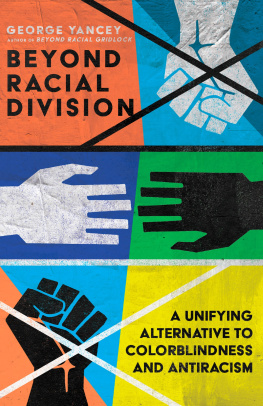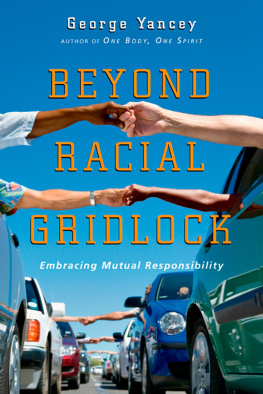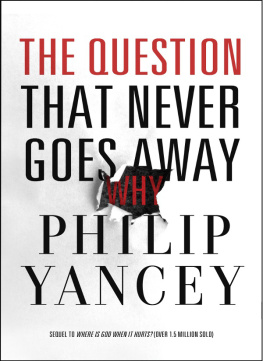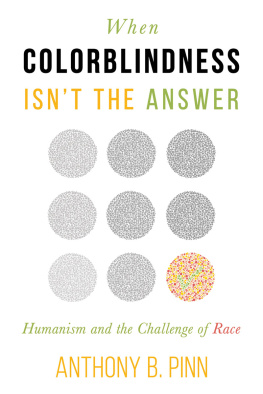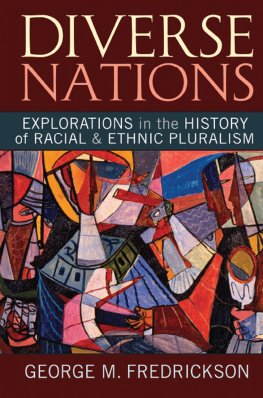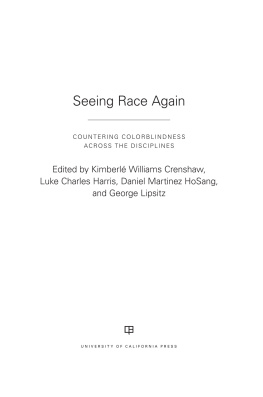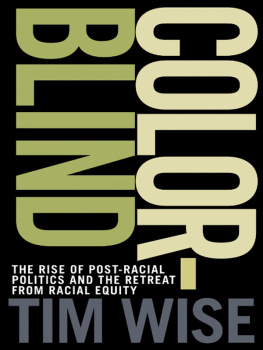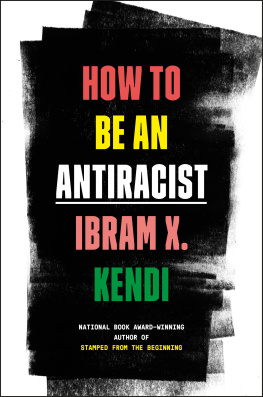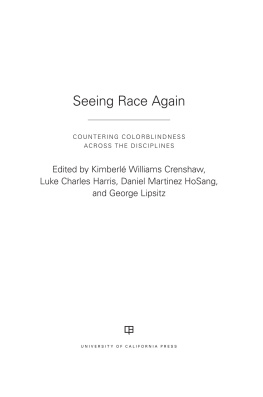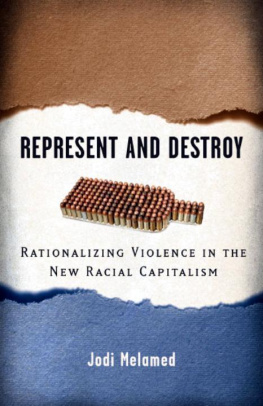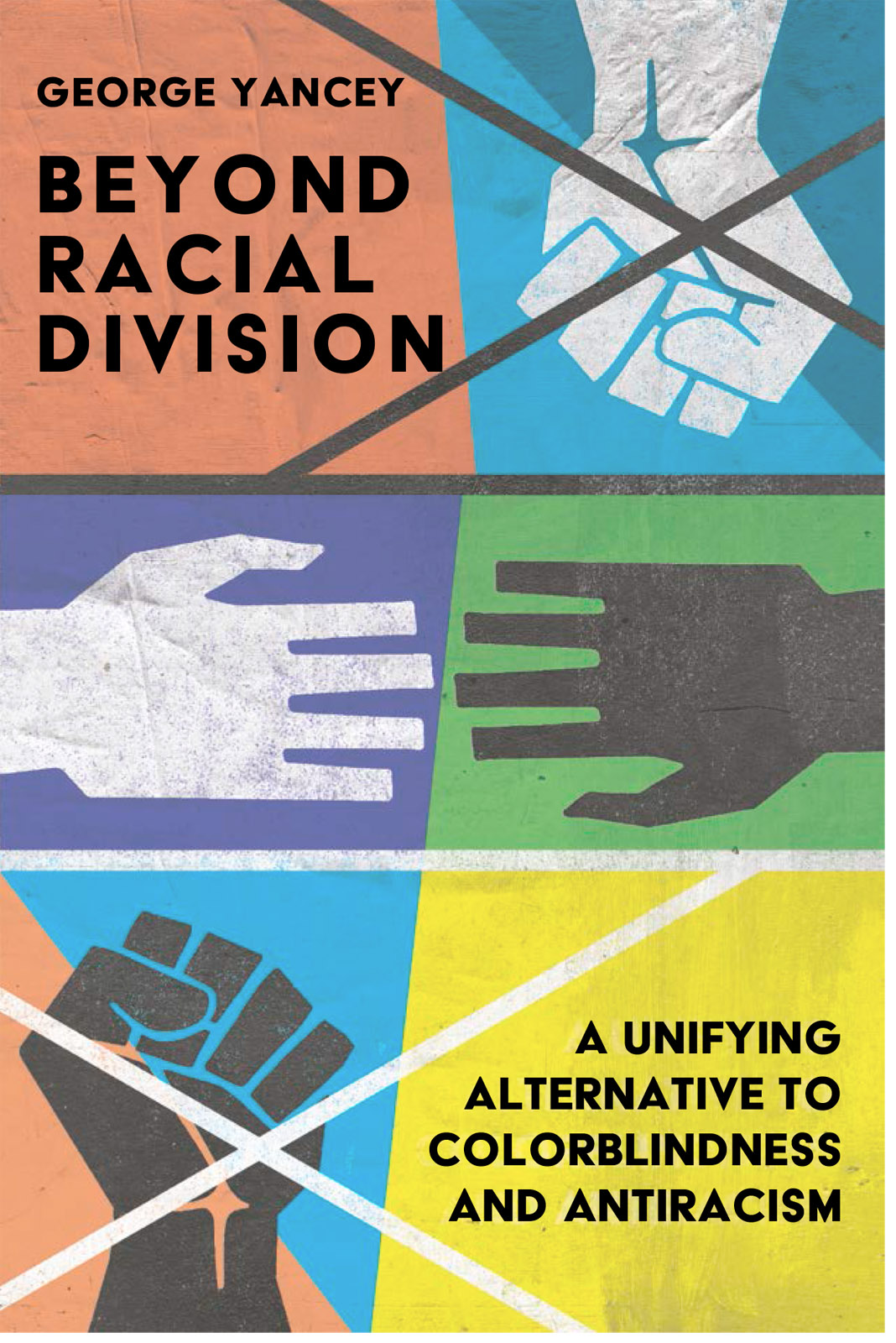Introduction
IMAGINE THAT YOU ARE ON A JOURNEY. You are headed toward a specific destination. Suddenly you come to a fork in the road. You see two clear paths ahead of you, but both make you uncomfortable. You consider the first path. As you look down it, you cannot tell whether it reaches your destination. You ask questions of some who have walked this path before. They say it just circles around back to the start. Oh, it is a pleasant enough path, easily trod. But no matter how long people walk on it, they get no closer to their objective. While this path may be a nice comfortable walk, it will not help you reach your goal.
You look at the other path. It seems to head toward your destination but appears dark and foreboding. Fewer people have returned from this path. Those who have come back warn of dangerous animals ready to pounce. Even though it seems to offer a way to where you want to go, it is a conflict-filled path. You watch as more individuals weaponize to protect themselves. No one comes back to tell you they made it to the end. You do not have any good choices. Either you select the path leading nowhere or the path full of wild animals.
But then you see a third path! You did not notice this one before. You can see your destination, but brush and fallen debris block the way. There are no signs of wild animals, which brings you relief, but this path is a difficult one. Few if any have traveled this way before. You could ignore this path and choose one of the others, but if you do, it will be harder to get back to this promising third path.
This book offers a way to travel the third path. The path that goes nowhere represents racial colorblindness, which ignores the damage our racialized society has sustained. It seems an easy path, but ultimately it sends us around in circles. The path full of dangerous animals represents antiracism. Evidence suggests that antiracism creates more racial hostility and polarizes us more than it brings us together. The third path is the mutual accountability approach. It promises to be hard. Since not many people have traveled this path, we cannot know all the problems that await us. But we know the other two paths do not work. So why not take this new path?
This illustration reveals the options before us. In these pages I will point out evidence and highlight arguments that support mutual accountability. There is a lot of work involved in implementing this approach, but research indicates it is a superior way to solve our racial problems. This path becomes more difficult to find the longer we stay on the pathways of colorblindness and antiracism. Those efforts have failed, and the longer we pursue them, the harder it is to transition to something with more potential. By the time you reach the end of this book, I hope you will have decided to join me on this journey and see what it holds for us.
Can We Have a Better Society?
Many of us are tired of fighting the same racial battles over and over again. We are tired of waiting for the next racial controversy to generate more animosity and hostility. We are tired of running into old ideologies that do not serve us well. We are tired of hearing the same arguments and getting nothing done. Those who endorse colorblindness immediately blame those who want to be proactive in dealing with racial issues. Those with an antiracism mindset blame those who are not as active as they are. Those groups talk past each other. Those who are not comfortable with either approach have not been able to find a different path forward and just watch the ongoing conflict. I am going to describe that third path.
If we can stop talking past each other and instead talk to each other, I believe change is possible. We can let the next racial incident lead to a real conversation that brings us together rather than rips us asunder. Maybe I am wrong. Maybe there is no solution and we are trapped in racial polarization. But I refuse to accept that fatalism, which says this is all there is. Yes, this is all there is if we refuse to move out of the colorblindness-antiracism dichotomy. But we do not have to stay here. We can either keep doing what we are doing, or we can try a novel approach. An approach that has not been utilized nearly enough but one we have good reason to think will be effective. If we can develop a movement based on mutual accountability, then we will finally have a chance to break out of our destructive racial cycle.
Who Is This Book For?
In the subsequent chapters I will more explicitly point out the failures of our previous efforts, rooted mostly in attempts at either colorblindness or antiracism. But for some individuals I do not need to point out these shortcomings. There is a group that wants to address unfair racial outcomes in our society, and ignoring these outcomes is not attractive to them. But they know the antiracism method does not help construct the type of atmosphere where sustainable change is possible. These are my people. They are the ones looking for a third path, one that does not ignore the racialization of our society but does not drive individuals away with heavy-handed antiracism approaches either.
Of course, many individuals committed to colorblindness are so dedicated that nothing I say will move them. Lets say this is 15 to 20 percent of this country. There is probably a similar-size group committed to antiracism. If this estimation is correct, then 60 to 70 percent of the country may be open to new ways of thinking. Many realize, as I have come to realize, that these paths are going nowhere and instead intensify our racial conflict. Others may favor one approach over the other but still have doubts about it. Wherever you fall, I encourage you to consider a new way of dealing with racial alienation.
Finally, let me tackle a potential barrier for some readers. This book is written by a Christian and published by a Christian publishing house. It is tempting to say the issues brought forward here apply only to Christians. I disagree. Throughout this book I will rely on my personal ideas and empirical research to argue that a mutual accountability model is superior to both colorblindness and antiracism. It is true that my Christian theological beliefs inspired my original considerations of the mutual accountability model, yet my confidence grew as I looked at real-world evidence. It is also true that several of my examples involve Christians and Christian settings. I use to outline my theological arguments, and that chapter can be valuable for motivating believers to adopt mutual accountability to address racial issues. But if Christianity is not your thing, skip that chapter. In the remaining chapters, I write for a wider audience to give these ideas a fair hearing.

We Need a New Path
WHO AM I , and why should you even listen to me? I am a black man. When you are a black man in the United States, it is difficult to escape your racial status. So it should not be surprising that soon after receiving my doctorate in sociology I started conducting research on issues of race and ethnicity. About fifteen years ago I believed I had reached the pinnacle of my career as a race scholar with the publication of two important books (Emerson & Yancey, 2010; Yancey, 2006). Well, at least

